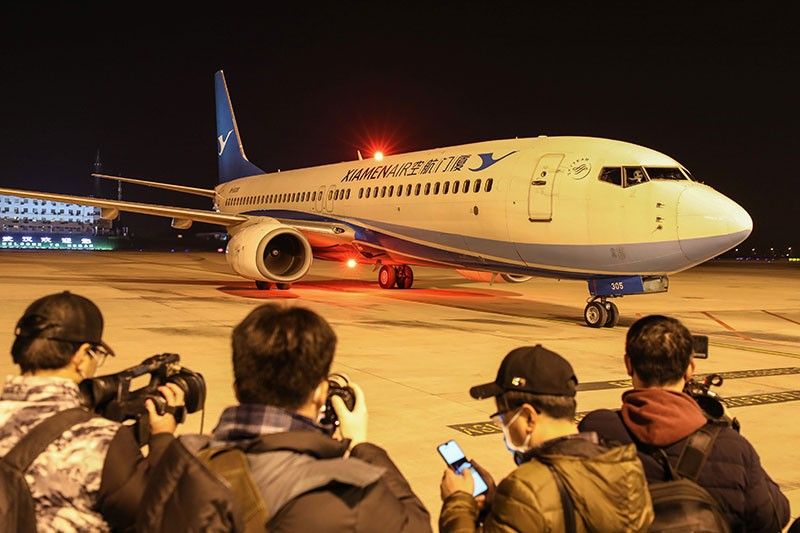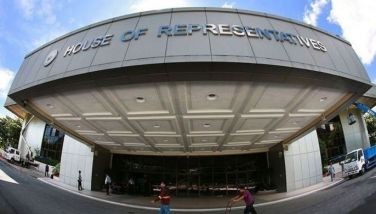How effective is a travel ban in containing the novel coronavirus?

MANILA, Philippines — President Rodrigo Duterte expanded the Philippines' travel ban on China and its special administrative regions on Sunday, the same day that the first death in the Philippines from the 2019 novel coronavirus (2019-
The ban came more than a week after Wuhan City, the epicenter of the epidemic in China, implemented a lockdown.
Health reform advocate Anthony
"In fact, when on January 23 when China self-lockdown, that was actually the hint for the government and the entire world
Citing epidemiologic studies,
Only 'extensive' travel restrictions have meaningful effect
De La Salle University political science professor
Citing a WHO systematic titled "Effectiveness of travel restrictions in the rapid containment of human influenza", Torneo noted that the mode of travel, geography, proximity, screening, quarantine and other factors matter.
The WHO systematic review published September 2014 noted that overall travel restrictions only had limited effectiveness in preventing influenza spread.
"Only extensive travel restrictions—i.e. over 90%—had any meaningful effect on reducing the magnitude of epidemics," the WHO paper read.
"In isolation, travel restrictions might delay the spread and peak of pandemics by a few weeks or months but we found no evidence that they would contain influenza within a defined geographical area," it added.
Noting that implementing travel bans are effective, the WHO study found that such restrictions have an appeal to policy-makers as they "
Combination of interventions more effective
The study, however, concluded that a combination of interventions would be more effective than isolated ones.
"Travel restrictions per se would not
Another study on the spread of the 2009 H1N1 pandemic found that fluctuations of human mobility patterns dampened the effect of travel restrictions and mitigation.
In a journal article titled "Human Mobility Networks, Travel Restrictions, and the Global Spread of 2009 H1N1 Pandemic", researchers observed that the decline in air travel to and from Mexico at the time has too little impact on the international spread of the disease.
"Stricter regimes of travel reduction would have led to delays on the order of two weeks even in the optimistic case of early intervention. It is unlikely that given the ever-increasing mobility of people travel
A study on the impact of travel restrictions on the 2014 West African Ebola epidemic noted that while travel bans postponed the spread of the virus to other continents, it also posed logistical constraints on the management of the epidemic.
The restrictions would have caused major shortages on food, energy and essential resources if not offset by massive humanitarian operations, according to a study titled "Assessing the impact of travel restrictions on international spread of the 2014 West African Ebola epidemic."
"This study
Going back to the 2019-
Aside from factors mentioned in several studies on the effectivity of travel restrictions on containing pandemics, Torneo said policy
"Governments with more modest goals such as calming the public and delaying or slowing down the spread of infections while it sets up systems or waits for more information or a cure are less likely to
- Latest
- Trending































